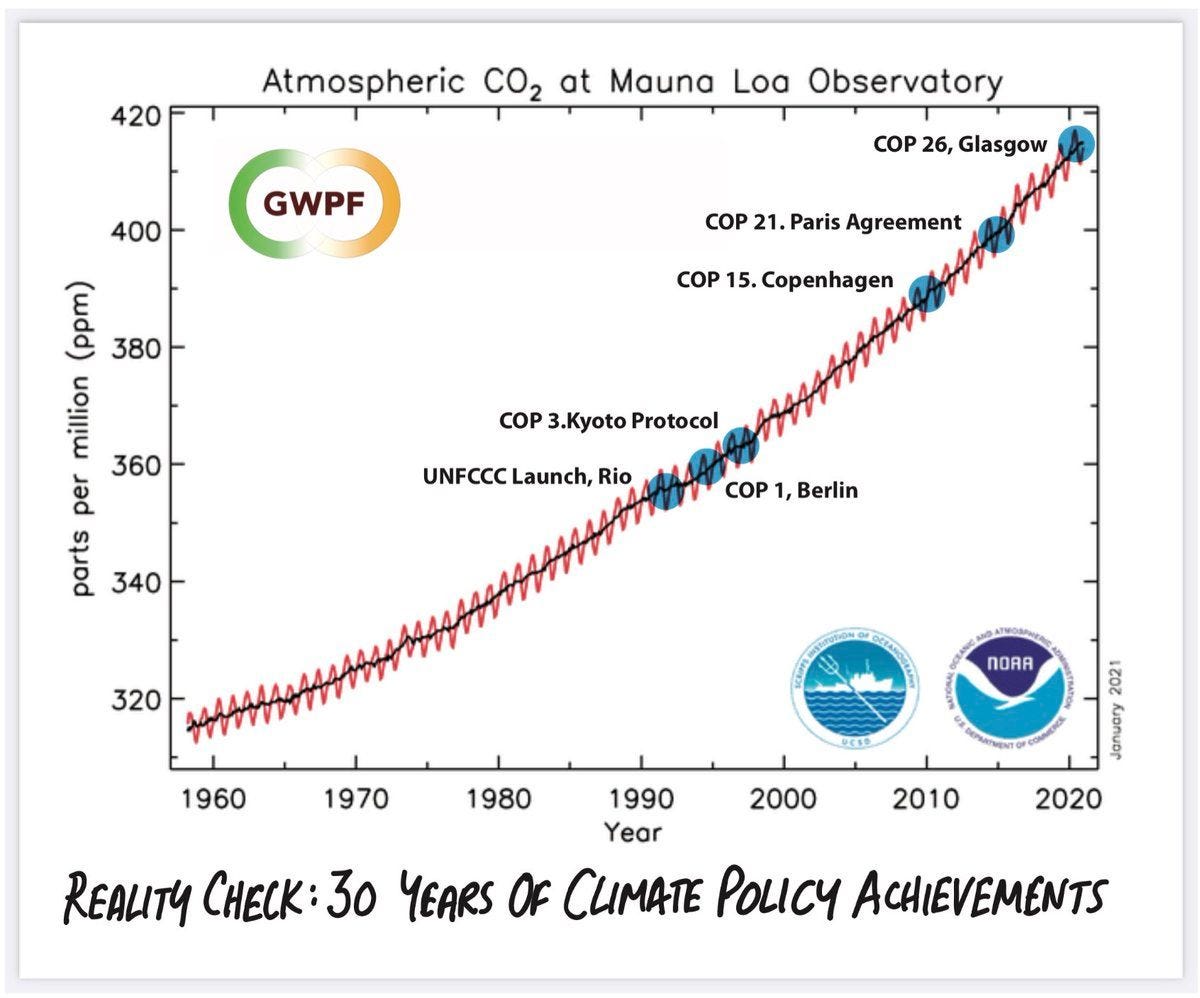De Bad of Degrowth
In economic methodology, nothing, but absolutely nothing has been as good for the general populace worldwide as the free market or capitalist system. However, as with everything, there are always detractors.
The free market is a consumer-driven economic system where producers are incentivized to produce what the consumer desires and do so at a reasonable or competitive price. Innovation is a highlight of the free market where there is an absence of restrictive and confining bureaucracy.
Producers use tactics to produce goods consumers want and not waste resources and materials on items consumers reject or will likely renounce. In capitalism, every person has the opportunity to gain wealth, perform a job that they want, or own a business. While not everyone will acquire all that is available to them for a variety of reasons, unlike other systems, the opportunity perpetually exists.
A drawback to capitalism, as seen throughout its evolution, is the excessive power garnered by authoritative, dominant, and controlling companies or firms. While governments have restricting powers, in the recent past they have more or less commingled with these companies for greater bureaucratic jurisdiction and regulatory deception. The essential antidote under a republic or democracy is the consumer vote.
Capitalism allows for constant growth which is most often measured by a nation’s gross domestic product (GDP). The easiest way to ascertain the effectiveness of the free market economic system is to assess the lives and lifestyles of subsequent generations. Your parents were better off than their parents, we are better off than our parents, and the trend, without interference, will assuredly continue even though, in the very recent past, work apathy, mostly among the younger generation, has unfortunately cultivated.
Without Interference is the key to economic wellness.
The deceit of climate change has always been a conduit for capturing authoritative and exclusive power and control by pretending to be rescuers from a collapsing climate. The video embedded in the linked CNBC article, framed around “degrowth” is a political, economic, and social movement that essentially condemns the free market system claiming it exacerbates social and ecological harm. Wikipedia says, “Degrowth emphasizes the need to reduce global consumption and production (social metabolism) and advocates a socially just and ecologically sustainable society with social and environmental well-being”.
The culture of degrowth claims it grew from disciplines like political ecology, ecological economics, feminist political ecology, and environmental justice – in other words, works from the theology and doctrines of WOK.
The narrator of the subject video first talks about 1,100 experts in 70 organizations that have signed an open letter calling for an economic alteration to degrowth. All news articles on the subject lead to a linked article on The Wire a publication out of New Delhi, India. When clicking to see the signatories and organizations, the page is missing – a page not found error 404. This page is also absent on the Degrowth website. The website does not have an address, their URL or Domain Name is private and the site’s bank is located in Germany. According to a credit report, DeGrowth has a registered office in Leipzig, Germany
Now while all of this seems a little odd or dubious, CNBC makes a modernistic contemporary news clip on the matter and seemingly identifies both the potential and merit of the degrowth system.
Like so many claims of reduced CO2 emissions during COVID and using that as evidence to continue with many COVID-style restrictions for climate change, I am not convinced there were any reductions at all - at least not in the measurements from the Mauna Loa Observatory in Hawaii. This observatory provides emissions data collection that is used by science and scientists the world over. The video refutes these findings.
While Degrowth argues that life is at the center of their system, it would require a regulatory, central, government-controlled economy where citizens would be availed of a limited number and supply of goods and services. Like the advocacy of communism, it claims to create a wealth and resource equilibrium among all of the world’s people. Also, note that they hold up then-16-year-old Greta Thunberg as a skilled and adroit economist.
Like all climate change advocacy, this again points to the theory as merely a subterfuge for economic transformation. This is why, despite any and all evidence that climate change is not a science of physics or empirical certainty, political motivation will not let it end.





